If you frequently wake up exhausted, even after being in bed for 7–10 hours, Sleep Wellness Center can help you discover the source of your sleep issue and provide solutions. The following are brief descriptions of the most common sleep disorders:
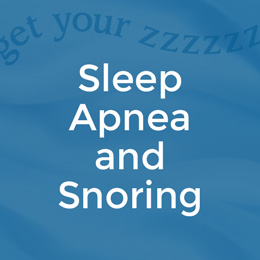
Sleep Apnea and Snoring
Sleep apnea—also known as obstructive sleep apnea—is a sleep disorder that affects millions of Americans. People with this condition momentarily stop breathing while asleep because the muscles that control your upper airway relax too much, narrowing or even completely blocking your airway.
This struggle to breathe—which results in snoring—can occur several hundred times each night which explains why your body is exhausted, night after night even after 8 to 10 hours of sleep. Left untreated, sleep apnea has been linked to heart problems, high blood pressure, diabetes, weight gain, depression, impotence, and even sudden death while sleeping.
People of all ages can develop sleep apnea, and most don’t realize they have it unless a family member gets irritated by disruptive snoring or a nurse notices a sleep disruption during a hospital stay. It is most common for people who are overweight or have a large neck which constricts the upper airway.
Common Symptoms of Sleep Apnea
- Loud, disruptive snoring
- Gasps or breathing lapses
- Frequent nighttime awakenings
- Morning headaches and fatigue
- Chronic sleepiness during the day
- Increased irritability
A sleep study will determine if you have sleep apnea, which is a treatable issue. There are several innovative therapies that can help you manage sleep apnea so you are able to get healthy, restful sleep.
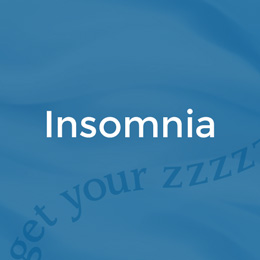
Insomnia
Insomnia is the inability to sleep or habitual sleeplessness. It can be brought on by physical, environmental, or psychological causes such as breathing disorders, noise, chronic depression, or stress. Another common cause of insomnia is the overuse of sleeping pills. Sleep Wellness Center can work with you to determine the cause of your insomnia through sleep diaries, sleep hygiene habits, and/or a sleep study. We’ll also help you overcome your insomnia with behavioral changes and medication, if necessary.
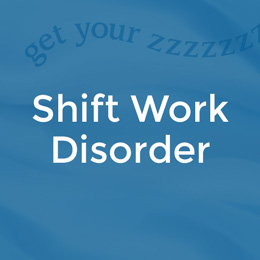
Shift Work Disorder
When the regular waking and sleeping pattern is disrupted, some people find it difficult to resume a sleep–wake schedule that fits their needs. This is common among shift workers and people who experience a change in their schedule. It can lead to insomnia and daytime sleepiness when it interferes with the wake rhythm. We’ll work with you to help “reset” your body’s sleep clock so you can still maintain a healthy lifestyle while doing shift work and schedule changes.
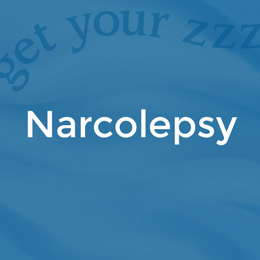
Narcolepsy
People who have narcolepsy often experience extreme sleepiness during the day and have muscular weakness when they feel angry, surprised, or amused. They may have terrifying dreams or hallucinations as they fall asleep. People may involuntarily fall asleep during the day while at work, school, during an activity, or even while driving. While it is usually brief—sometimes only a few seconds—it can be very dangerous and can lead to additional medical issues.
In addition to daytime sleepiness, people with narcolepsy may also have disrupted, unrestful sleep throughout the night. Narcolepsy often emerges in young adulthood and is a life-long medical sleep disorder. Narcolepsy is often misdiagnosed. A sleep study which includes a polysomnogram and multiple sleep latency test is essential to diagnosing narcolepsy. We’ll work with you and your primary care provider to develop a treatment plan and medication that helps you cope with your disorder so you are able to lead a normal lifestyle.
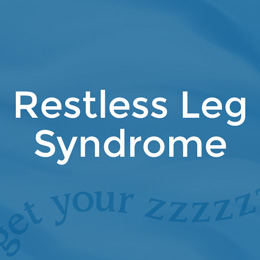
Restless Leg Syndrome
Restless leg syndrome (RLS) is a neurological disorder in which one experiences throbbing, creeping, pulling, or other unpleasant sensations in their legs when sitting or lying down. The sensations create the irresistible urge to move the affected limbs which relieves the discomfort. Most people with RLS have difficulty falling and staying asleep.
Periodic Limb Movements are characterized by involuntary leg twitching or jerking during sleep. These sudden movements often make sleep difficult and result in poor sleep. The causes of each of these disorders are often related to other conditions or medications. A sleep study may help identify sleep-related causes, such as sleep apnea, which can make the symptoms more manageable.